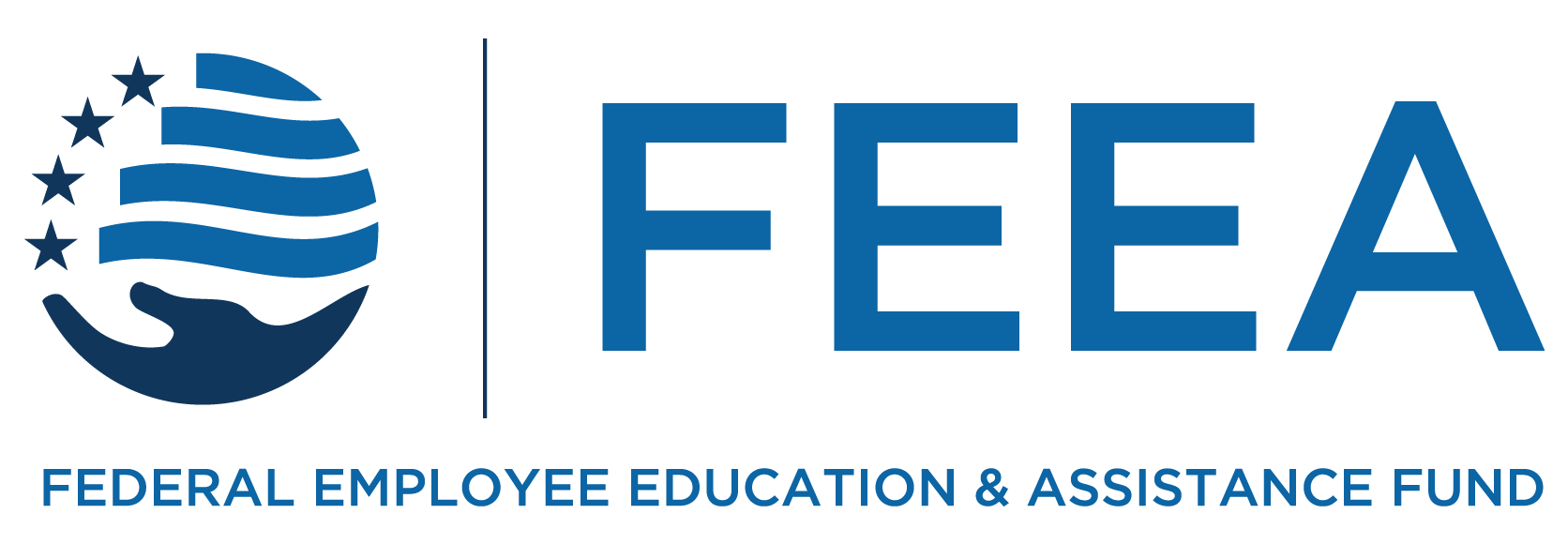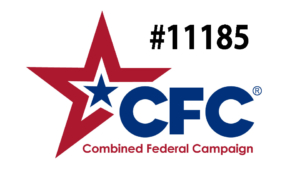If you’re combining households with a new partner or spouse you’ll need to discuss joint financial responsibilities and decide how money will be handled and who will handle what. Hopefully, if you’re at the point of moving into the same home, you’ve already discussed income, debt, and attitudes about money (check out YNAB’s 84 Questions to Ask Your Partner About Money if you need a little jump start). Here’s how to get started:
Like other parts of your shared life, decisions about finances may change over time. If you’re merging established households, already have minor or adult children, or own a business, your needs may be very different from a young couple just starting out in life. Equifax has some tips for finding financial compromise with your partner that can be a useful jumping off point at any age or stage. Maintaining open communication about finances is an important piece of any successful partnership.
Subscribe to FEEA’s Newsletter
Would you like to reprint this piece in your agency human resource, federal employee association, or union local newsletter? You can do so at no cost by contacting admin@feea.org with your request.
The information provided in this piece is for your convenience and informational purposes only and not to be construed as professional advice. FEEA and its coauthors and sponsors are not liable for any losses or damages related to actions or failure to act with regard to the content in this piece.





